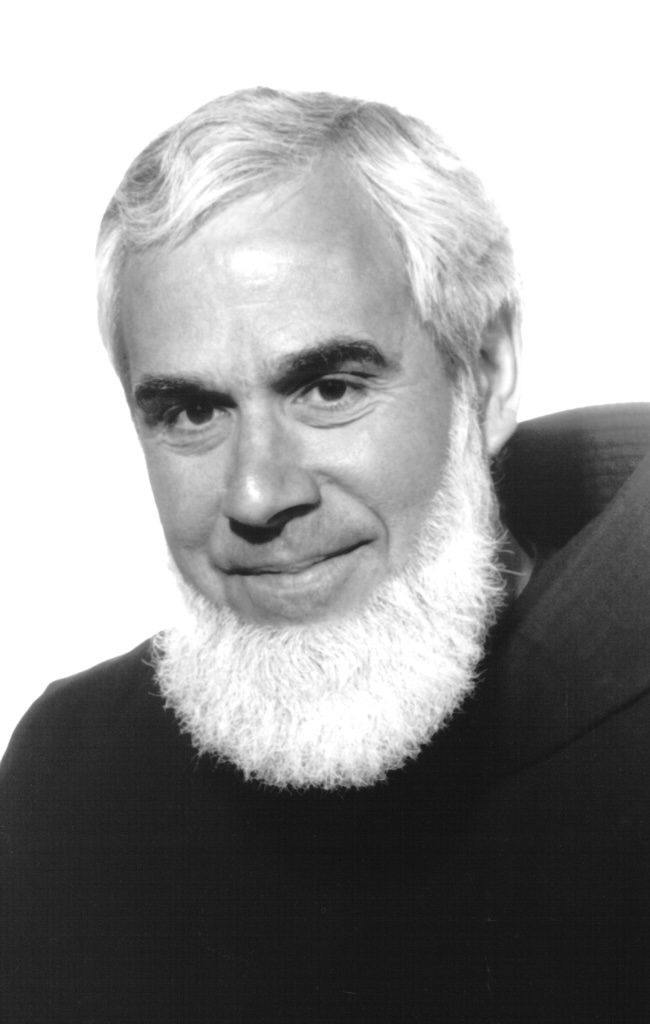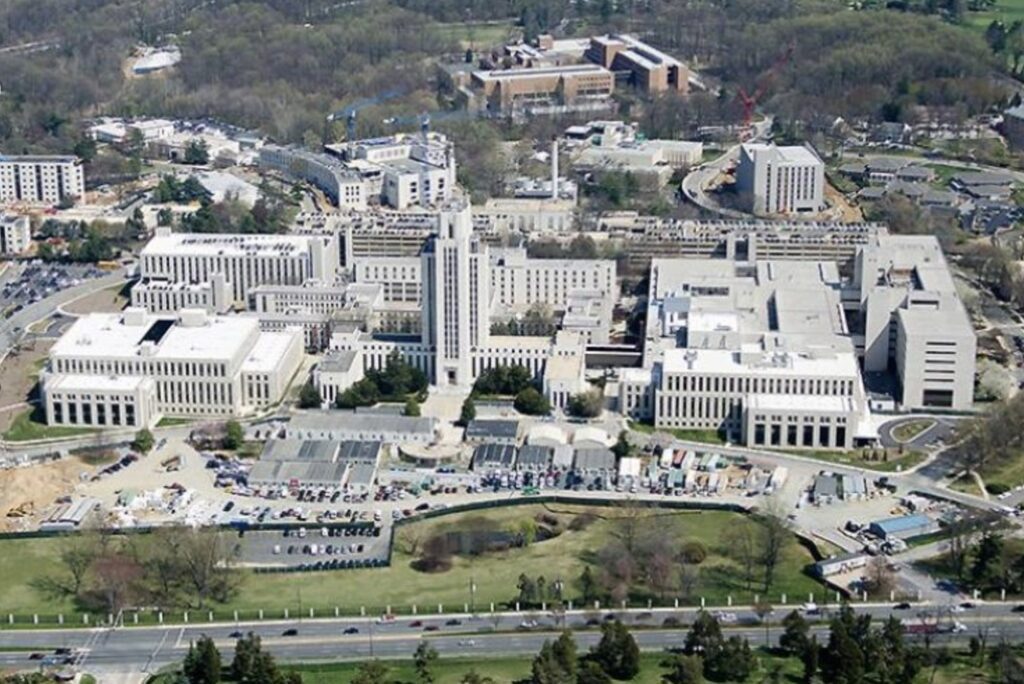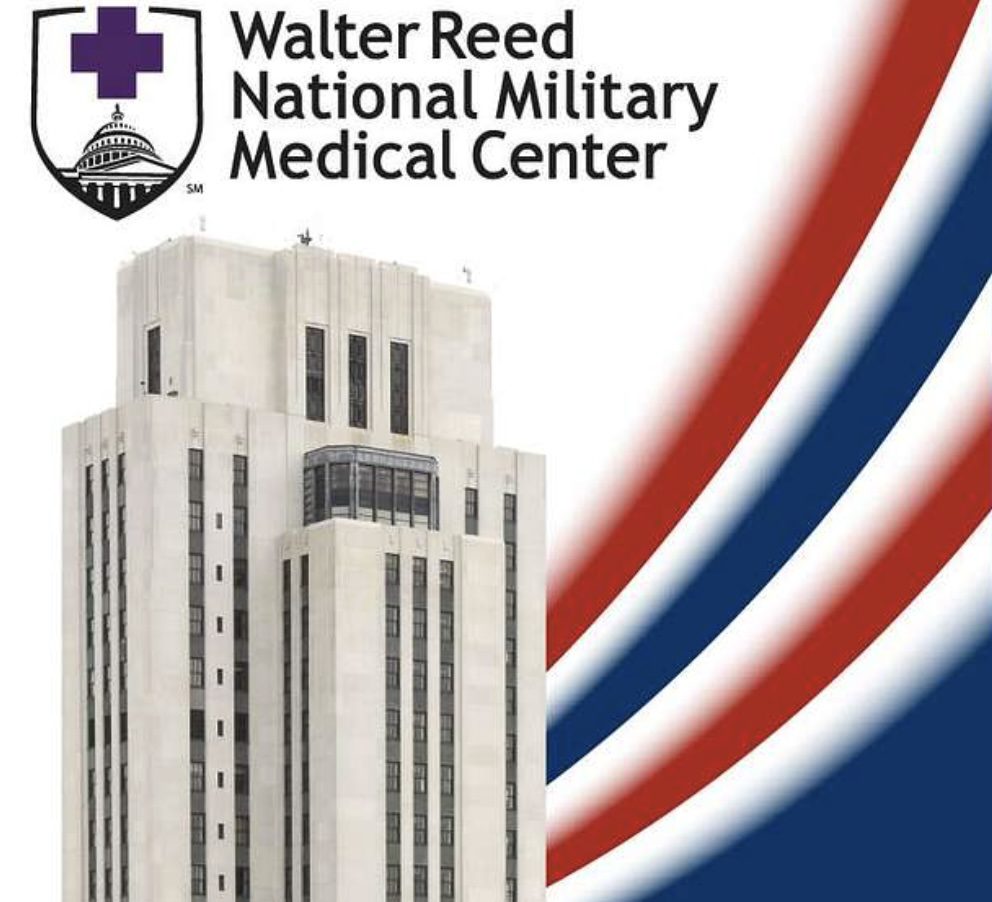
Brother David Schlatter, OFM, came to ministry for veterans at Walter Reed National Military Center in Bethesda, Maryland, two decades ago, having previously served as a chaplain and in pastoral ministry with parishes and fire departments in Wilmington, Delaware, and upstate New York.
He and a team of Franciscan friars remain focused on the same goal: to get people “to the next place.”
At Walter Reed, that means assisting the spiritual struggles of a wounded soldier amputee anxious to go home to loved ones, comforting a new mom praying for a struggling infant, or accompanying an older veteran into death and a new kind of life.
“A large part of the ministry is caring for vets and their families,” he says.
The friars’ ministry team serves wounded warriors directly affected by war. Other times, it can run the gamut, from a victim of a naval accident to the long psychiatric treatment of post-war trauma. The Walter Reed mission is diverse. In addition to military personnel, the hospital treats government officials and overseas embassy staff.
Amid the addressing of all these needs, the ministry never stops. It can include early-morning calls to comfort an afflicted patient or to offer the sacrament of the sick. “The need is ongoing. It never really changes,” says Bro. David.
As a friar brother, he recognizes that the Franciscans bring a special dimension to a giant pastoral challenge. They work together, with varied skills, from pastoral ministry, seminary teaching, and administration. The team of friars at Walter Reed includes Bro. David, as well as Fr. John Heffernan, OFM; Fr. Charles Miller, OFM; Fr. Russel Murray, OFM, and Fr. Daniel Grigassy, from nearby Holy Name College and St. Camillus Church in Silver Spring, Maryland. They minister at Walter Reed in addition to other duties. The presence of a clergy team is vital to providing the sacramental services that the Catholic patients and staff at Walter Reed require.
No day is the same. Bro. David, as do the other friars, makes the rounds visiting Catholic patients. They work off a list, but sometimes the call is for impromptu service.
“A patient has heard some bad news. Can you please check on him?” is the kind of request the friars will field from concerned nurses.
A small community of regular worshipers attends daily Mass both during the week and on Sunday.

Staff members often comprise a large part of the congregation in a small multi-faith chapel, and an organist has been providing music for more than 50 years. The Blessed Sacrament is reserved for prayerful reflection. The complex of buildings that comprises Walter Reed is regularly under renovation. The hope is that the friars’ ministry can continue at a building housing patients within the next three years. That will make it easier to get patients to liturgical services.
“It’s a challenge. But I wouldn’t say it’s a sad ministry,” says Bro. David. He keeps coming back to his role as a helper to the next place. In Delaware, he served as a death row chaplain and ministered to emergency first responders.
Bro. David has been around Walter Reed long enough to recognize the ebbs and flows of the work. “It’s not like it was 12 years ago,” he says, noting that at the time the hospital was caring for soldiers who lost limbs in Iraq. He could track the changing tactics of the enemy during the war as roadside explosive devices threatened the limbs of American soldiers.
Medical advances at Walter Reed continue. The friars have witnessed the miracles of prosthetics, with computer-generated arms and legs that enable fuller lives after hospitalizations.

As Americans mark Veterans Day this month, Bro. David has learned to appreciate the military ethos he encounters every day. “They have given so much to our country and they live that after their service,” he says of the soldiers, sailors, Marines, airmen, and veterans he encounters.
The friars who serve at Walter Reed are not part of the military. They wear brown Franciscan robes, not military attire. They are considered government contractors, providing services to Catholic patients and staff. They offer that service with a particular Franciscan dimension. At times, when it is requested, they will give way to a uniformed military chaplain.
It helps, says Bro. David, to work as a team.
They can be available 24/7 as they work together. And, as he’s grown through this ministry, Bro. David recognizes that Franciscan tradition is evident in much of what they do.
“Caring for those in need is very Franciscan. It goes back to Francis and the lepers,” he says, noting, however, that the specific nature of the Walter Reed ministry harkens to another Franciscan legacy.
The man from Assisi, he notes, was a knight, soldier, and a POW, who suffered many of the impacts familiar to soldiers and sailors who have witnessed combat.
Bro. David finds himself regularly joining with former soldiers coping with “moral injury,” offering solace and comfort to those who feel they had to do things in combat that they would never do in civilian life. That is something they share with Francis of Assisi.
Francis of Assisi was wounded in battle, both physically and spiritually. He overcame those wounds via a deep faith. Francis emerged from those struggles a different man. The team of friars at Walter Reed remains ready to assist those who long for the next place.
